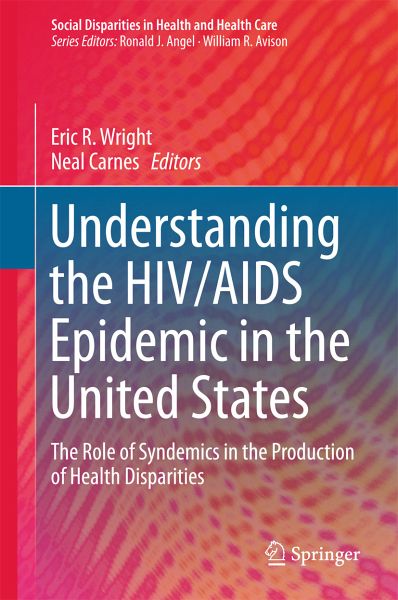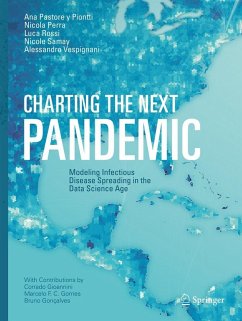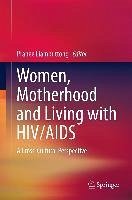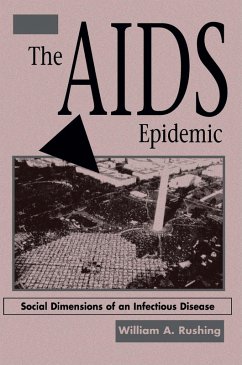
Understanding the HIV/AIDS Epidemic in the United States (eBook, PDF)
The Role of Syndemics in the Production of Health Disparities
Redaktion: Wright, Eric R.; Carnes, Neal
Versandkostenfrei!
Sofort per Download lieferbar
96,95 €
inkl. MwSt.
Weitere Ausgaben:

PAYBACK Punkte
48 °P sammeln!
This book examines the HIV/AIDS epidemic in the United States using the concept of syndemics to contextualize the risk of both well-known, and a few lesser-known, subpopulations that experience disproportionately high rates of HIV and/or AIDS within the United States. Since discovery, HIV/AIDS has exposed a number of social, psychological, and biological aspects of disease transmission. The concept of "syndemics," or "synergistically interacting epidemics" has emerged as a powerful framework for understanding both the epidemiological patterns and the myriad of problems associated with HIV/AIDS...
This book examines the HIV/AIDS epidemic in the United States using the concept of syndemics to contextualize the risk of both well-known, and a few lesser-known, subpopulations that experience disproportionately high rates of HIV and/or AIDS within the United States. Since discovery, HIV/AIDS has exposed a number of social, psychological, and biological aspects of disease transmission. The concept of "syndemics," or "synergistically interacting epidemics" has emerged as a powerful framework for understanding both the epidemiological patterns and the myriad of problems associated with HIV/AIDS around the world and within the United States. The book considers the disparities in HIV/AIDS in relation to social aspects, risk behavior and critical illness comorbidities. It updates and enhances our understanding of the HIV/AIDS epidemic in the United States and contributes to the expanding literature on the role of syndemics in shaping the public's health.¿
Dieser Download kann aus rechtlichen Gründen nur mit Rechnungsadresse in A, B, BG, CY, CZ, D, DK, EW, E, FIN, F, GR, HR, H, IRL, I, LT, L, LR, M, NL, PL, P, R, S, SLO, SK ausgeliefert werden.












